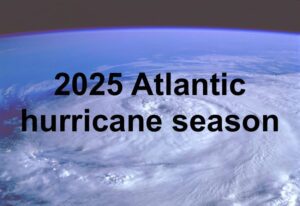Reask, Fathom partner on wind-flood risk models

Reask, Fathom partner on wind-flood risk models
29 August 2022
Insurers will have access to combined risk data on floods, tropical cyclones and hurricanes with unprecedented detail under a new partnership between risk modellers Reask and Fathom.
The pair will offer each other’s products and services to new and existing clients, and from next year aim to bring new hazard data maps and catastrophe risk models to market, covering the combined perils of flood and wind.
Reask CEO Thomas Loridan says cyclones bring heavy rains which cause floods, while high winds cause tidal surges and large waves which increase coastal flooding.
Recent events increase the need for insurers to understand how the intensity of floods and hurricanes will change and correlate in years to come.
“Understanding the combined risk of wind and flood events will only get more important as we feel the impact of climate change,” Mr Loridan said.
Reask was founded in 2018 in Sydney and has operations in London and Zurich. It was one of eight local startups selected by Insurtech Australia to attend the recent Insurtech Connect (ITC) Asia in Singapore.
Co-founder Nick Hassam spoke at the event as part of an AusTrade delegation to explain how the company uses data, technology and high-performance computing for climate catastrophe risk modelling. That demand wasn’t being met with novel or modern technologies, instead using “backward-looking statistical methods,” he said, while modern methodologies such as broader AI and machine learning “bring a lot more to the game”.
Fathom COO and co-founder Andrew Smith says the pair are working toward the same goals and have many shared customers, and the partnership was an “easy decision”.
“Both organisations are led by scientists who are committed to being transparent and open about the data, methodologies and machine learning techniques that sit at the heart of our models,” Mr Smith said.






